Mozambique: Business confidence declines for fifth consecutive quarter
Private sector, donors and government actors come together to discuss business models for inclusive growth in Mozambique
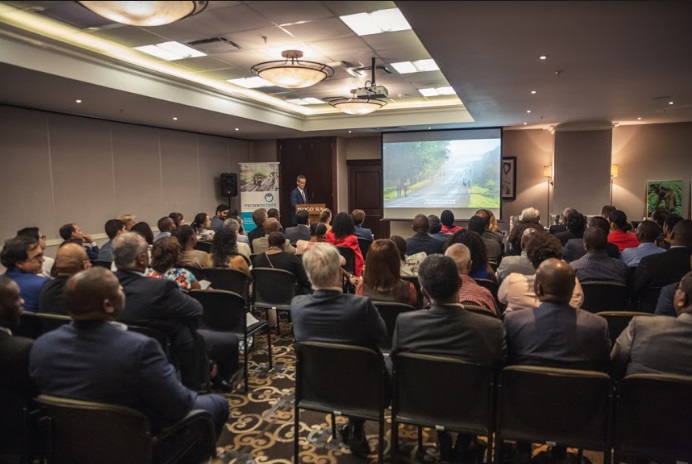
Photo: Supplied
On Thursday, November 8th, TechnoServe, a non-profit non-governmental organisation that focuses on business solutions to poverty, celebrated its 20th anniversary in Mozambique in an event sponsored by Barclays Bank Mozambique that brought together various actors from the private sector, donor community and Government of Mozambique.
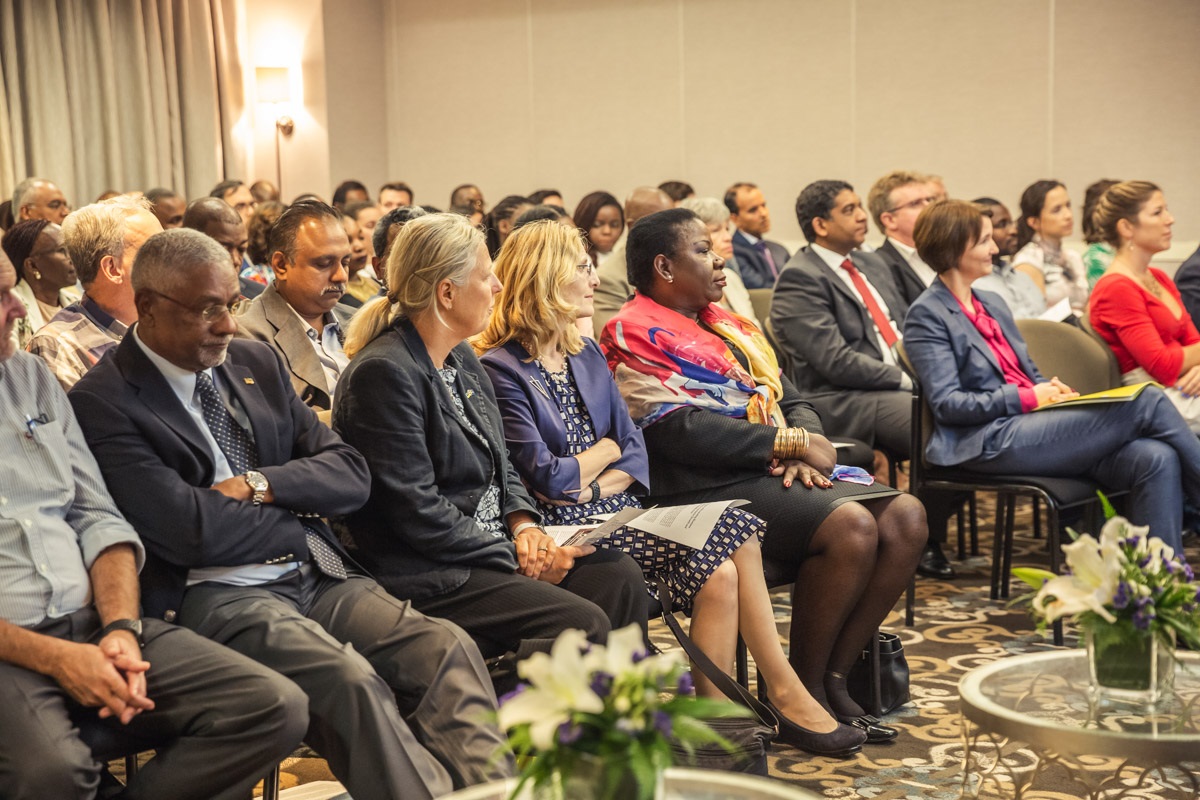
Tim McLellan, TechnoServe’s Chief Operating Officer, opened the event by highlighting examples of TechnoServe’s role over the past 20 years to catalyse whole industry transformation, remove barriers to industry progress and include smallholder farmers, primarily in the cashew, poultry and soy sectors. Following these remarks, Jane Grob, TechnoServe Mozambique’s Country Director led a panel discussion with four distinguished guests on business models in various agricultural industries that have contributed to inclusive growth and poverty reduction in the country.
Andrew Cunningham, the Executive Chairman of Novos Horizontes, which is one of the largest poultry operators in Mozambique, spoke on the panel about the successes and challenges in pioneering an outgrower network of 250 small-scale poultry producers in Nampula. “There are certain things that commercial people can do better, more efficiently, than small scale farmers,” Mr. Cunningham noted, “And other things that the small scale farmers can do just as well as commercial people, if not better.”
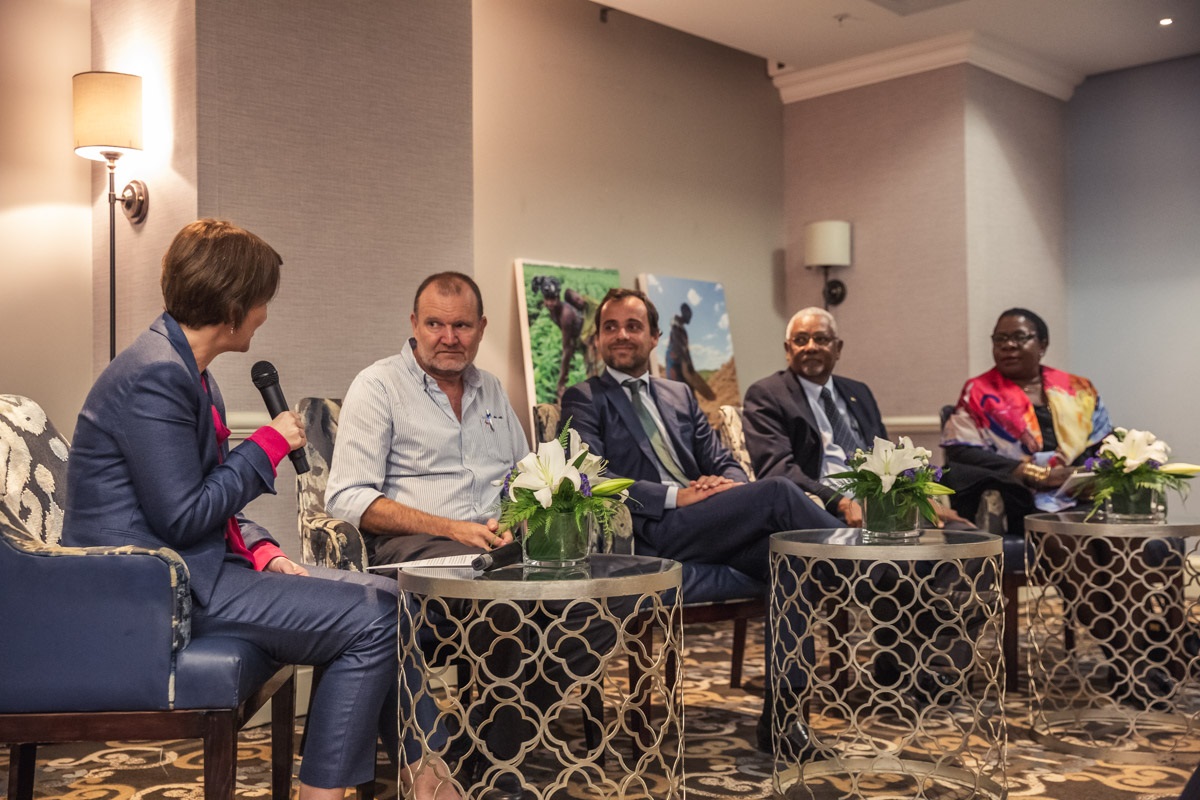
Novos Horizontes’ goal has been to “synergize the strengthens of commercial and small-scale people and create a chain that really makes that work.” Their outgrower scheme has been successful so far in not only creating revenue for the company, but in helping smallholder farmers reach scale.
“We are seeing that a lot of people are getting profits that are enough to build improved houses, buy motorbikes,” Mr. Cunningham stated, “So we built 8 houses on the farm which will take 20,000 birds each, where our best outgrowers can work for a year to 18 months and actually earn much bigger profits.” Once these outgrowers have learned how to produce poultry on such a large scale, they will bring that learning back to the community to test it there.
Francisco Ferreira dos Santos, the Executive Director of JFS Group, which is the oldest agro-industrial company in Mozambique with over 120 years of operations, also spoke of how important investing in outgrower schemes with smallholder farmers has been for their business model. JFS operates an outgrower scheme of over 45,000 farmers in northern Mozambique, who produce cotton and soy for the company.
“Anyone who does not want to implement inclusive business models will lose the business very fast,” Mr. Ferreira dos Santos said, “I do not believe that a commercial company in Mozambique can do a strictly commercial activity without being attentive and involving the ecosystem in which it is a part.”
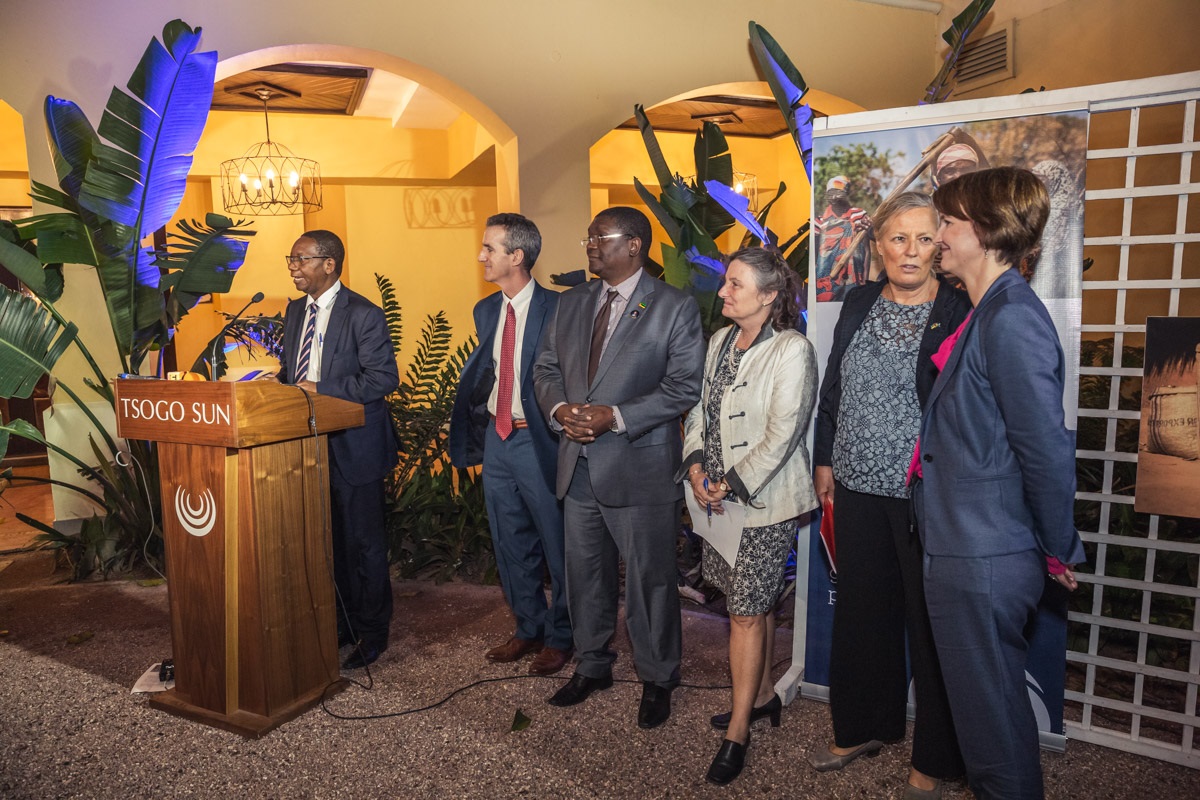
Large agri-businesses such as JFS face huge costs and capital risks if they were to try to commercially produce all that they required on such a large scale. “Outgrower schemes are not only a fantastic opportunity,” he continued, “But one of the biggest needs that the country has since we have the majority of people in rural areas who have to develop a productive activity.”
JFS has piloted an innovative mobile-based platform, with the support of TechnoServe, to improve communication with the thousands of smallholder farmers who are their outgrowers. The company has purchased and distributed mobile phones to each farmers, through which they can share key information and directly communicate regarding any issues or concerns.
Carlos Costa, the former President of AICAJU (Cashew Processing Industry Association) and TechnoServe Deputy Country Director, spoke about the great importance of increasing investments on the production side in the cashew sector. “The essential point is for there to be private sector intervention,” he noted, “Until today, contrary to cotton, tobacco, or sugar, they have not intervened directly.”
“The industry has to support local production,” Mr. Costa said, urging cashew processors to invest more in their own supply chains and help support cashew farmers in their production. “I used to say when I was president of AICAJU,” he continued, “You should act as if you were candidates for local government working with the communities. Say to them ‘Look, we will give you support, we are here close to you – not only to buy cashew but also for inputs, water supply, access to health.’ This is what is important, being close to the farmers.”
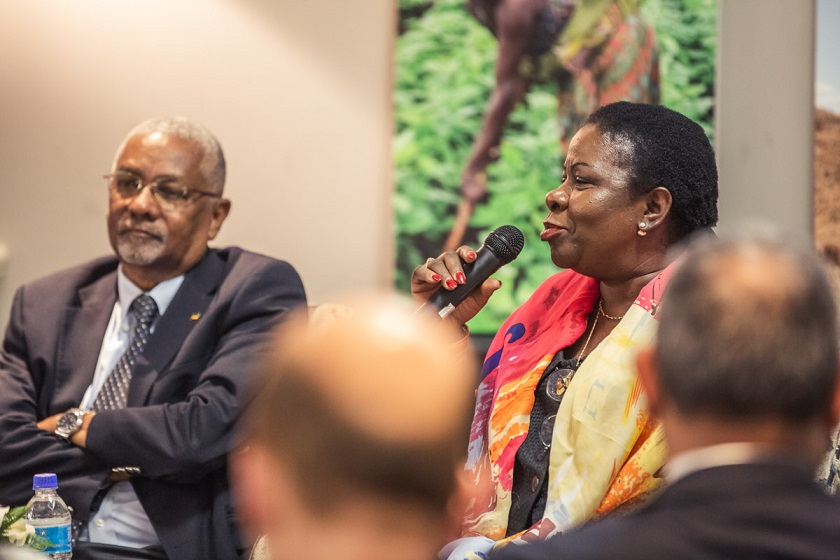
Luísa Diogo, the Chair of Barclays Bank Mozambique and former Prime Minister, spoke about the progress that Mozambique has made in the agricultural sector. “We are already achieving reasonable results that will place Mozambique in the international market as a producer in the agriculture sector,” she commented, “And we can achieve even more.”
Ms. Diogo reiterated the need for outgrower schemes and working with smallholder farmers. “It is necessary to invest more in this model, bringing together outgrowers,” she stated, “Any industry actor existing alone without working with outgrowers and others will not give the necessary results.”
The Government of Mozambique was represented at the celebration by the Minister of Agriculture and Food Security, His Excellency Higino de Marrule, who previously worked for TechnoServe. The Minister gave a keynote speech at the end of the evening, following speeches by Jennifer Adams, Mission Director of USAID, and Swedish Ambassador Marie Andersson de Frutos, highlighting the government’s role in the agricultural sector and the valuable contributions that TechnoServe has also made over the years for inclusive growth in Mozambique.


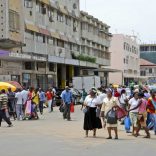










Leave a Reply
Be the First to Comment!
You must be logged in to post a comment.
You must be logged in to post a comment.